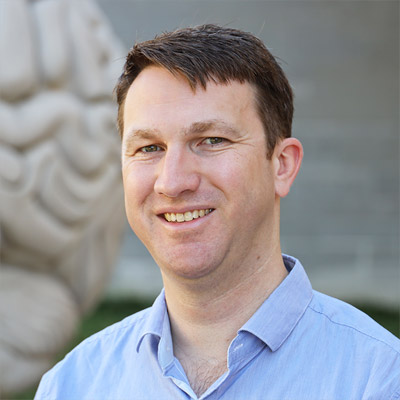Is when you go to bed more important than how long you sleep?
How your chronotype and consistency factor into your ideal bedtime
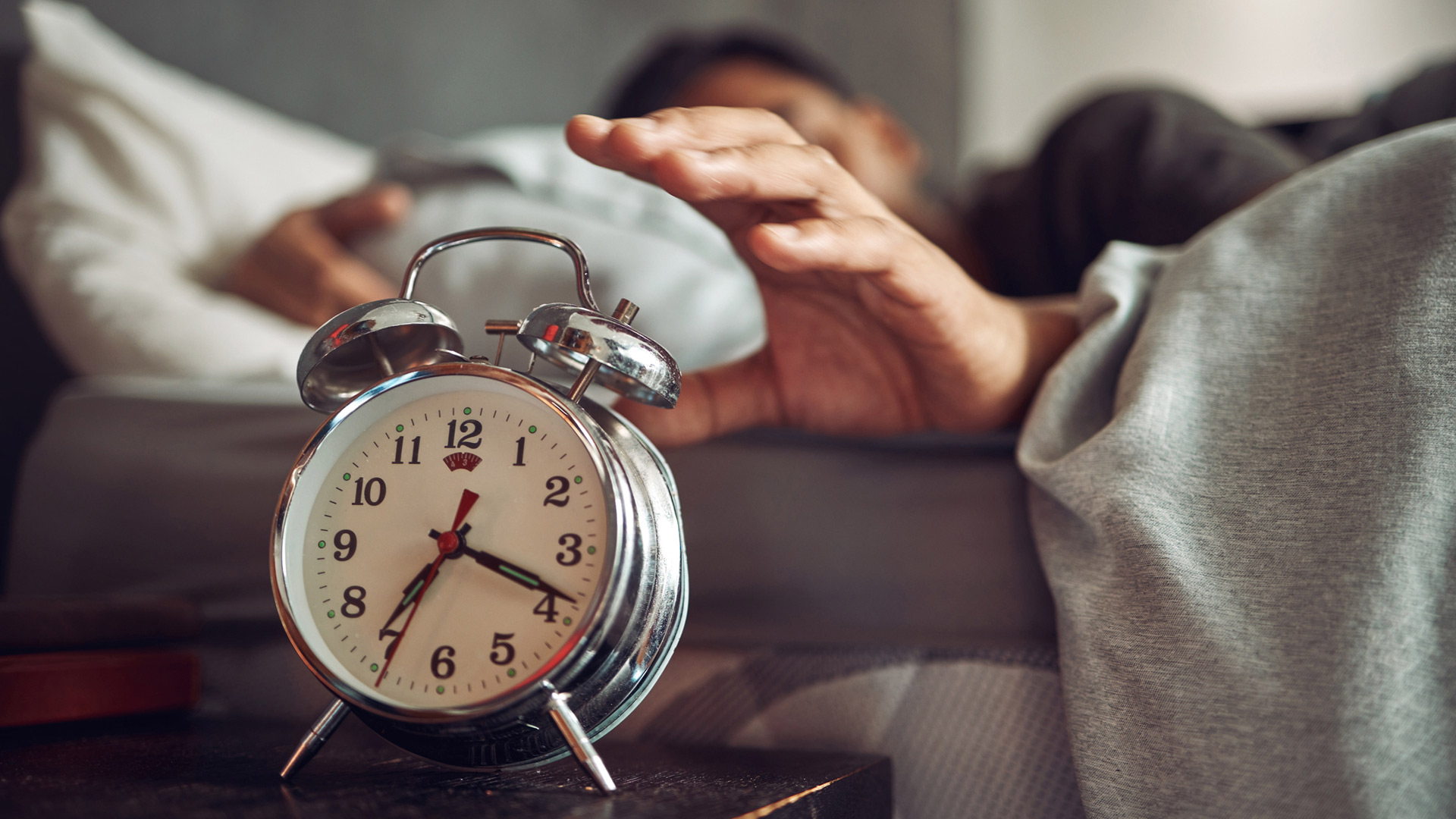
Of all the things you can do for better sleep, keeping tabs on your bedtime is among the best hacks of the bunch, along of course with having the best mattress for your needs. (And yes, abiding by set bedtimes isn’t just important for babies, children, and teens.) But when it comes to the precise timing of your shuteye, is it more important to get the requisite 7 to 9 hours, to hit the hay as early as possible, or something else?
Keep reading to discover what a behavioral sleep medicine specialist and the latest research have to say about the ideal timing for sleep.
What’s the most important aspect of sleep timing?
“What is more important than the clock time is when you sleep relative to your internal clock,” begins Spencer Dawson, PhD, HSPP, DBSM, Assistant Clinical Professor and Associate Director of Clinical Training at Indiana University’s Department of Psychological and Brain Sciences. In other words, the best time to sleep will hinge upon your own circadian rhythms (aka sleep-wake cycles).
Dr. Dawson explains that circadian rhythms change throughout your lifetime. Newborns don’t have these rhythms, which “is why their sleep and wake is equally distributed around 24 hours,” and only develop them after about 3 months. Fast forwarding to puberty and teenage years, “our rhythms naturally delay, leading teenagers to be night owls until they reach early adulthood,” he continues. “In older age, the rhythm advances (moves earlier), resulting in the often-observed tendency of older adults to fall asleep and wake up earlier than young and middle-aged adults.”
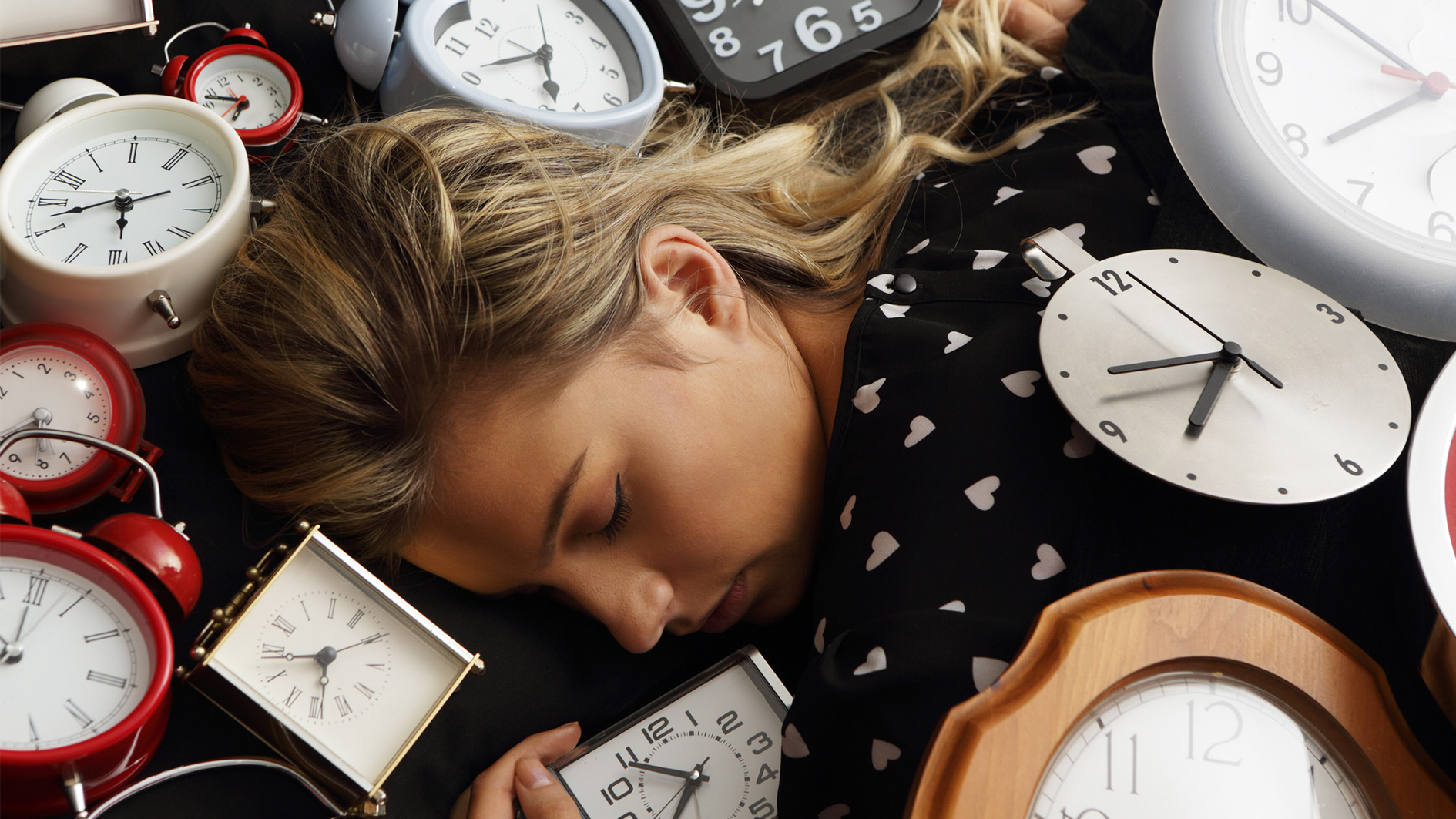
From young adulthood through midlife, sleep chronotypes (i.e., your inherent disposition to sleep and wake at certain times) will be a major, consistent factor dictating when you snooze. “Some people are naturally night owls, some are naturally early birds, and some are in between,” Dr. Dawson explains.
Consistency is yet another one of the most important aspects around sleep-wake times. This applies not only for promoting healthy sleep patterns, but also staving off illness and mortality.
According to a 2023 study published in the journal Sleep, higher sleep regularity was associated with a:
Sign up for breaking news, reviews, opinion, top tech deals, and more.
- 20 to 48 percent lower risk of all-cause mortality
- 16 to 39 percent lower risk of cancer mortality
- 22 to 57 percent lower risk of cardiometabolic mortality
Is it healthier to go to bed early?
As the famous Benjamin Franklin aphorism goes, Early to bed and early to rise makes a man healthy, wealthy, and wise. A sizable body of research demonstrates that there’s merit to the rhyme. (Note: You might have heard that every hour of sleep before midnight is worth two compared to post-midnight, yet Dr. Dawson says this is an oversimplification.)
A 2020 review published in Applied Physiology, Nutrition, and Metabolism recaps that earlier sleep times—in tandem with consistent sleep and wake times—are linked to a host of favorable outcomes amongst everything from cardiovascular and metabolic health to brain health, mental health, and risk of falls and injuries.
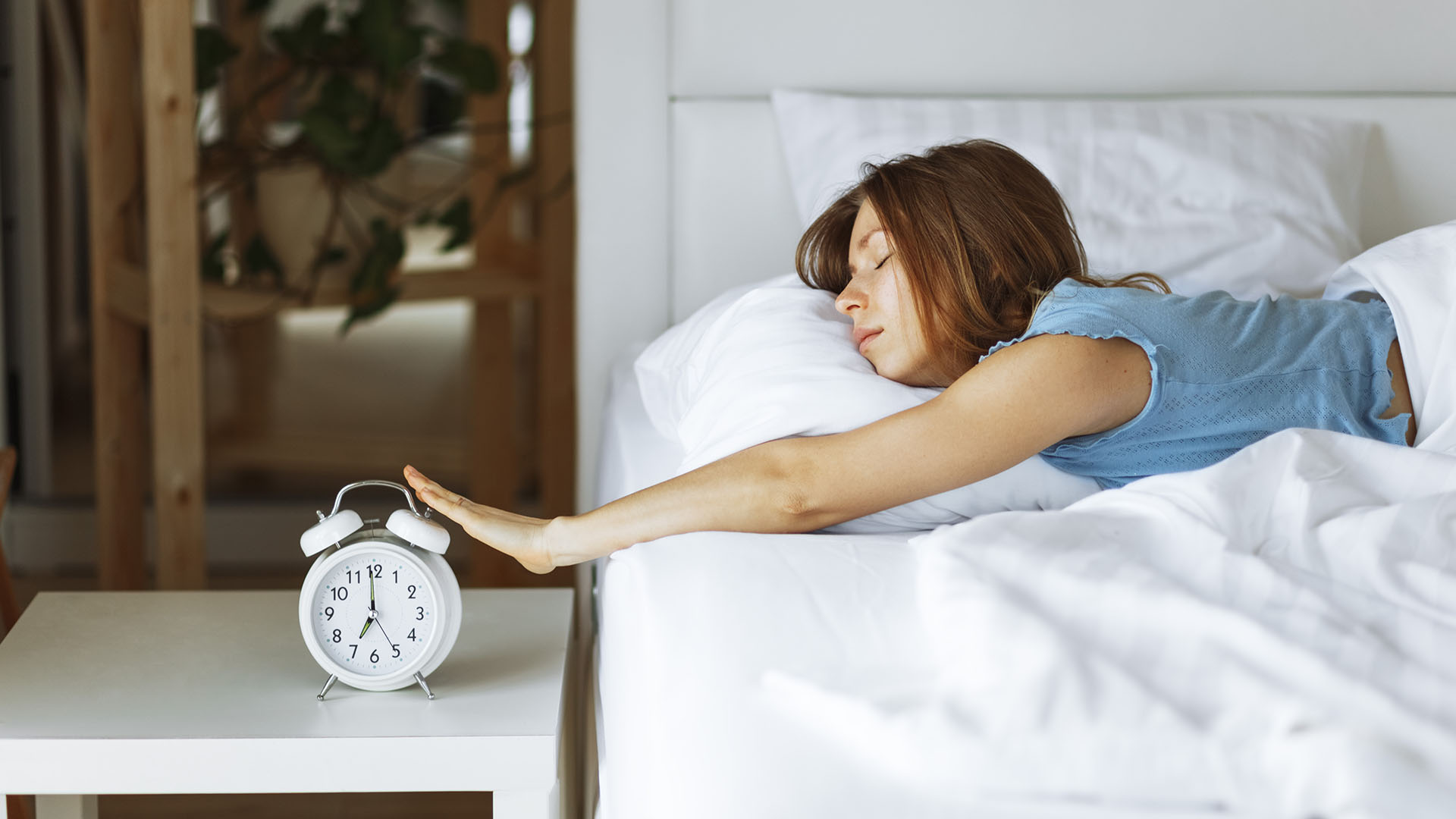
So will evening types inevitably experience poorer markers of sleep and health outcomes? “There is significant stigma associated with being a night owl,” says Dr. Dawson. “[This] is unfortunate, since this is just a normal variation between people, similar to height, hair color, etc.”
However, night owls may stand to benefit from shifting back their bedtime if and when possible. Per a small 2019 randomized control trial of 22 adult night owls published in the journal Sleep Medicine, those slept and woke up 2 hours earlier than usual over the course of 3 weeks experienced:
- Reduced morning sleepiness
- Significant improvements in self-reported stress and depression
- Improved cognitive and physical performance during typically ‘suboptimal’ morning hours
- No adverse effects on sleep duration
According to the researchers of another 2023 study published in the journal Sleep, which evaluated UK Biobank data of over 73,000 adults, “Going to sleep early, irrespective of natural proclivity and potential circadian misalignment, is associated with better mental and physical health.”
Is there such a thing as an ‘ideal’ bedtime?
Again, the ideal bedtime will be less about the exact time on the clock and more in tune with your own chronobiology and lifestyle.
“The ideal bedtime is in line with an individual’s circadian rhythm, allows them enough time to get the amount of sleep they need (most adults need 7 to 9 hours per night, though some need more or less than that), and does not overlap with their daytime/waking responsibilities,” Dr. Dawson explains.
Nonetheless, compelling evidence demonstrates that sleeping and waking earlier can promote favorable outcomes for physical and mental health. As such, you might want to train yourself to reorient your sleep-wake cycles earlier—especially if you’re not getting the quantity or quality of sleep you need to feel energized and focused during the day.
How to optimize your sleep and wake times
Hitting the hay earlier than usual is easier said than done, but it’s not impossible to achieve. To normalize your sleep patterns and encourage earlier snoozing and rising, take note of Dr. Dawson’s parting tips and FYIs.
1. Stay consistent
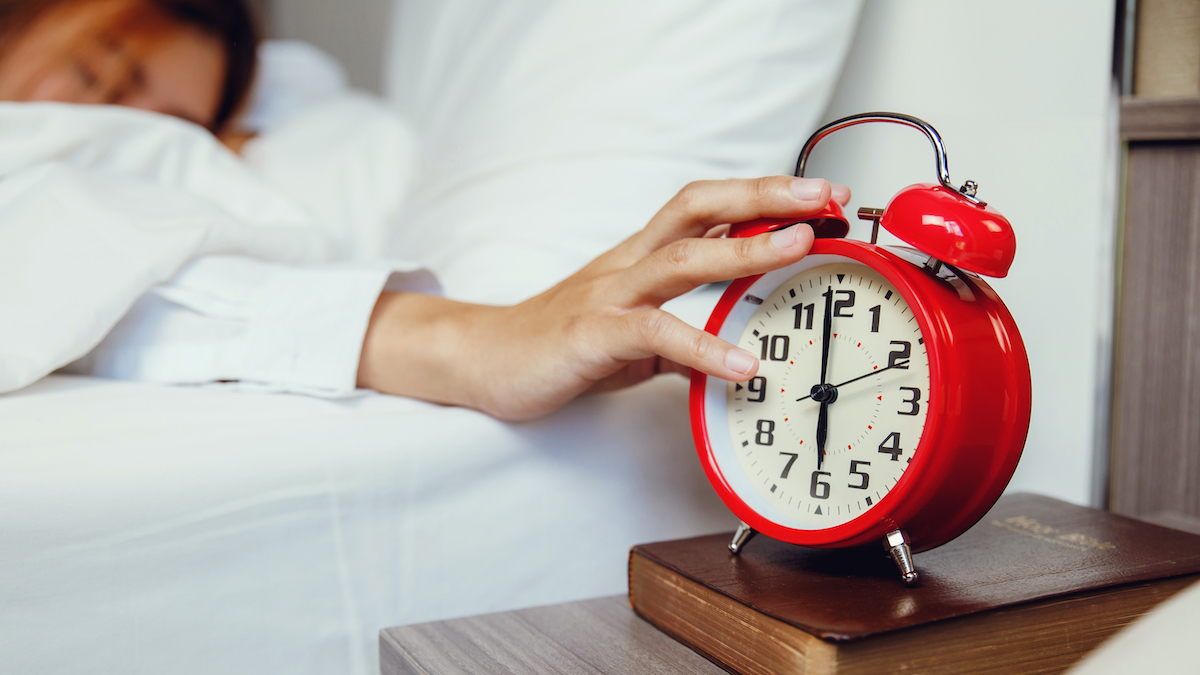
Sleeping and waking at the same time every day will help normalize your circadian rhythms. Yet according to Dr. Dawson, waking at the same time each day is even more important than snoozing at a consistent bedtime. The logic? “It’s easier to stay awake than to force oneself to sleep,” he explains.
“If you still get up at the same time after a bad night, you’ll have that much more sleep drive the following night, increasing the chances that the next night will be good.” Basically, this hack will allow you to bounce back to your baseline bedtime with greater ease.
2. Allow for a small amount of flexibility (as needed)
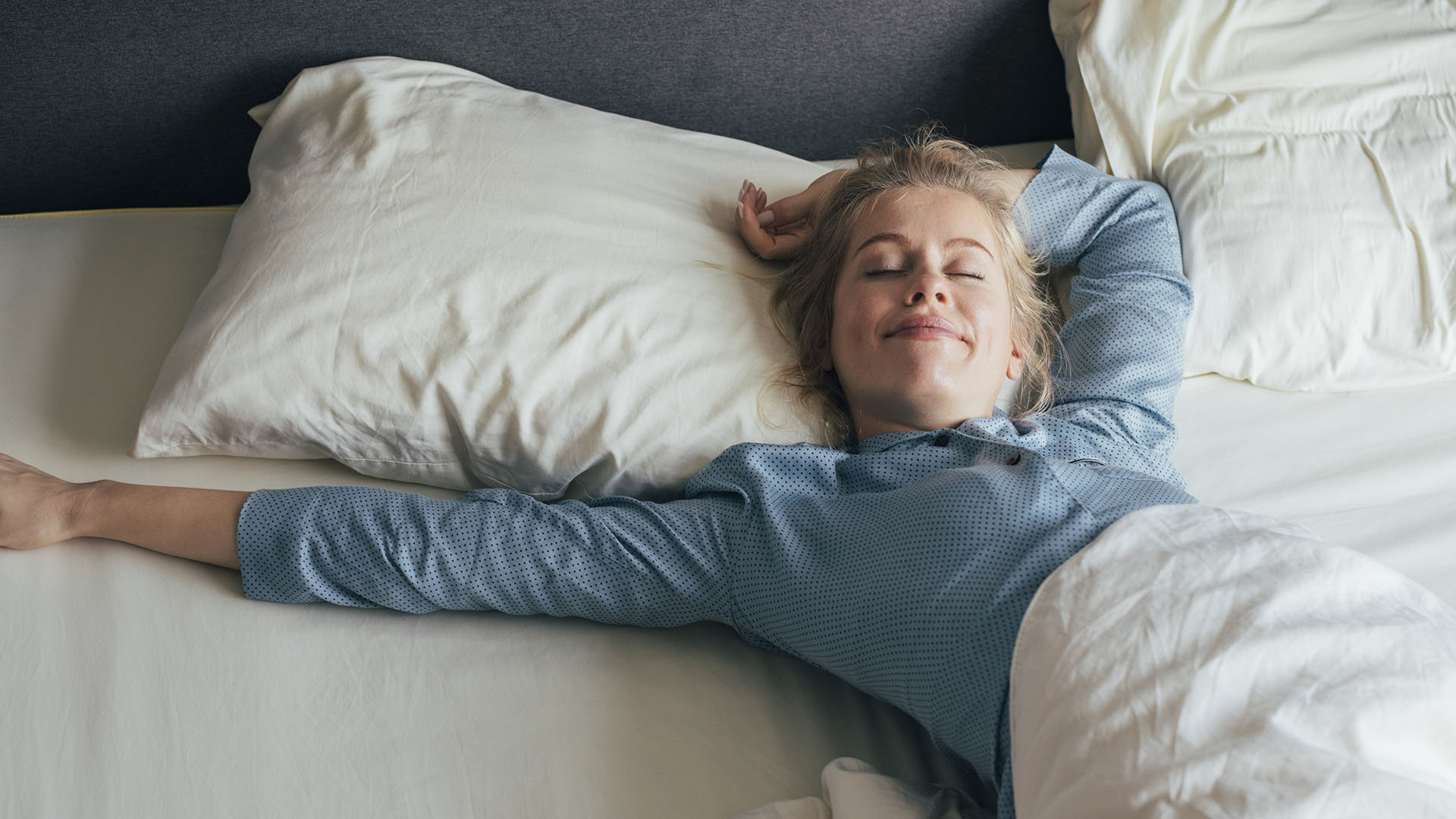
Social jet lag—which you’re likely to experience if you sleep and wake significantly later on the weekends, holidays, and vacations—can throw your daytime energy and nighttime sleepiness off balance. While consistency of timing is the goal, life happens… but aim to keep your wiggle room to a minimum.
If you choose to sleep in, Dr. Dawson advises waking up within a one-hour range of your norm—barring one exception to the general rule. “When sick, all bets are off and the best thing to do is let your body take the sleep that it needs.”
3. Get morning sunlight
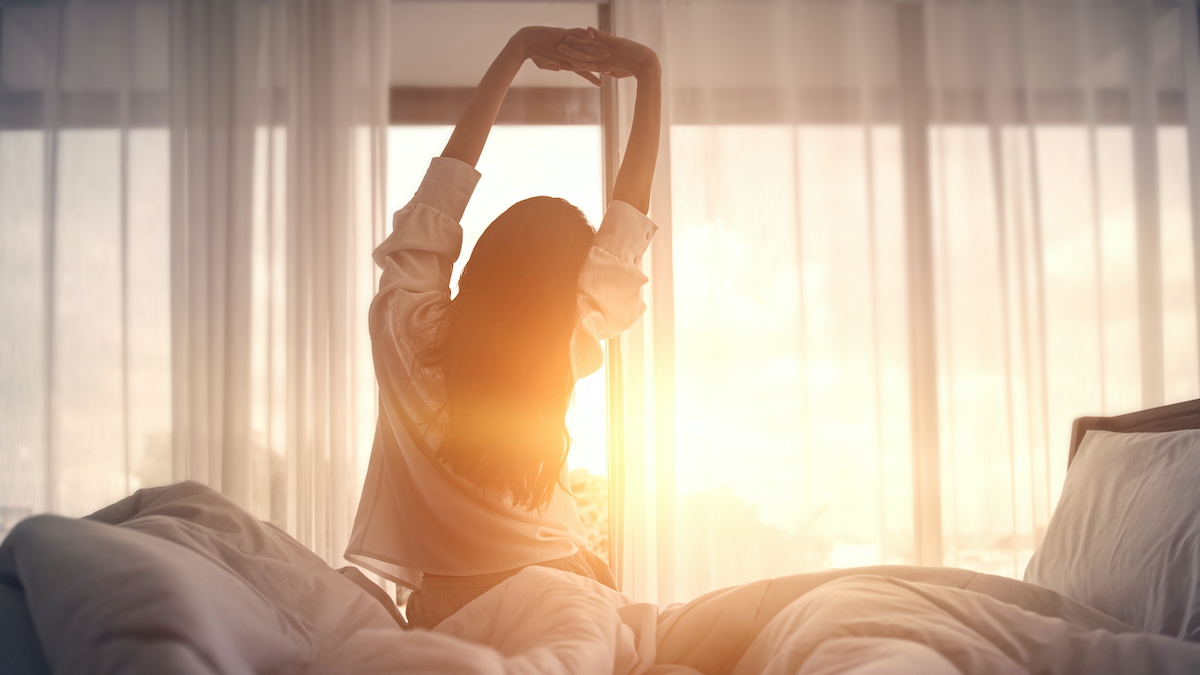
Seriously committed to waking and sleeping earlier? Waking up in the dark isn't easy, so prioritize getting sunshine upon rising.
“Natural light exposure makes a significant difference in one’s circadian rhythm, such that individuals who are outdoors and exposed only to natural light tend to see their circadian rhythms advance (move earlier),” Dr. Dawson explains. Better yet, he says that this hack is particularly effective for night owls.
4. Build in nightly wind down time
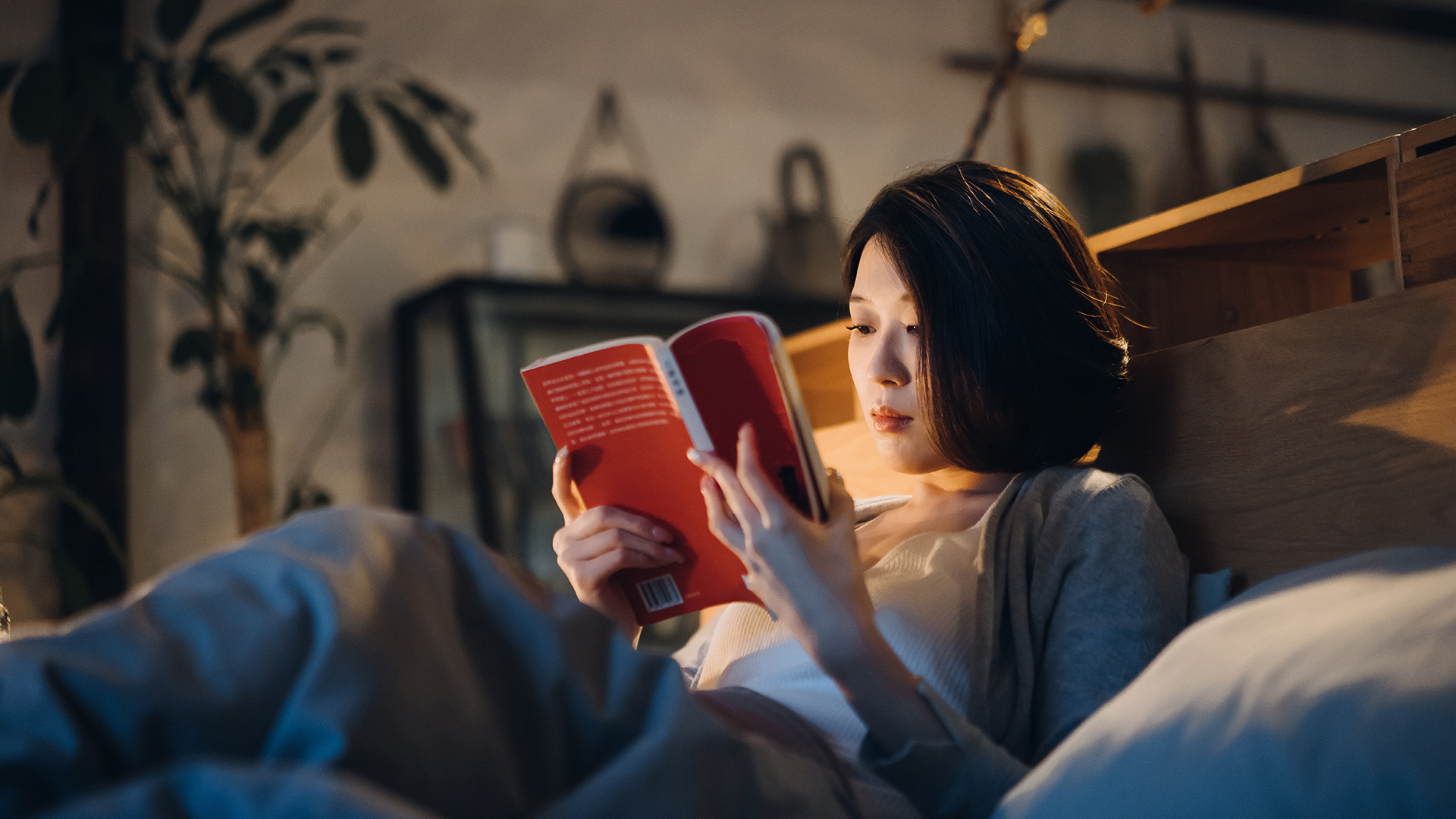
On top of heeding the insights and tips shared above, everyone should take care to stick to a calming bedtime routine. “The ideal bedtime should also allow for 30 to 60 minutes to wind down from the day before going to bed and trying to sleep,” says Dr. Dawson. Doing so will encourage your mind and body to relax, setting the stage for sleepiness by the time your head hits the pillow.
Michele Ross is a freelance wellness, beauty, and lifestyle writer based in Los Angeles. She contributes to publications including Well+Good, Editorialist, and RealSelf; has worked with brands including HUM Nutrition, Goldfaden MD, and Beast Health; and has served as a content strategist and ghostwriter for doctors and dietitians. Her goal is to empower readers to make informed decisions about their routines that work for their specific needs and concerns.
